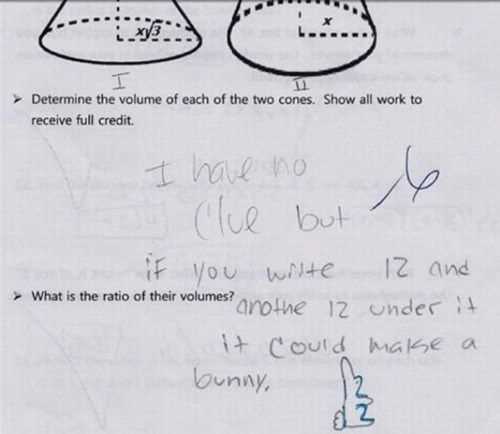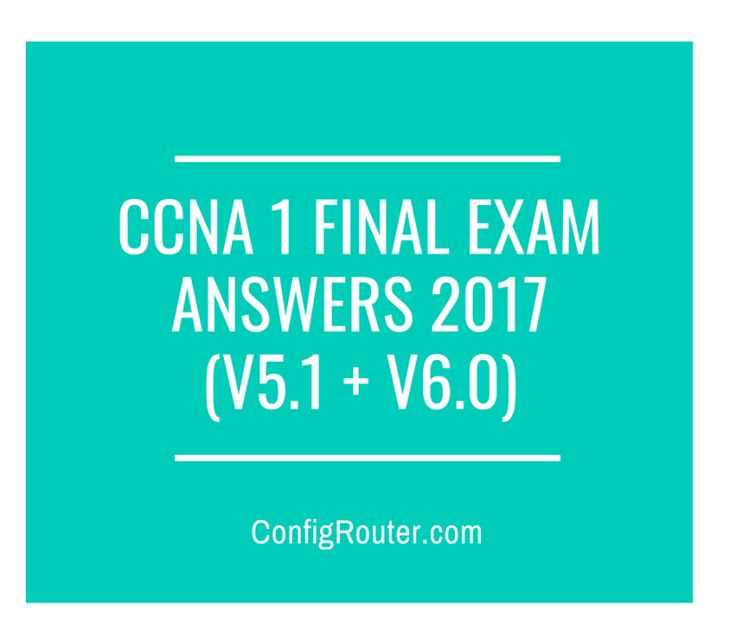
During assessments, many individuals face challenges that affect their overall performance. Misunderstanding questions, rushing through tasks, and missing key details are just a few factors that can lead to suboptimal results. These errors often stem from various sources, including lack of preparation, stress, or a simple lack of focus in the moment. Understanding the causes behind these challenges can help improve performance in future tests.
Recognizing these mistakes is the first step towards improvement. By identifying the most frequent pitfalls, students can take proactive measures to avoid them. Preparation is key, but so is learning to manage time effectively and reducing anxiety. With the right approach, individuals can develop strategies that will not only prevent common missteps but also build confidence for future assessments.
In this article, we will explore different aspects that contribute to underperformance, offering practical tips and techniques that can help enhance accuracy and efficiency. By learning from past experiences, one can transform mistakes into valuable lessons for future success.
Common Errors Students Make in Exams
During assessments, many students unknowingly make mistakes that impact their results. These missteps are often due to a combination of stress, poor time management, and a lack of attention to detail. Understanding the most common errors can help individuals become more aware of their approach and improve their performance over time. By identifying these pitfalls, students can take preventive measures and avoid repeating the same mistakes in future tests.
Rushing Through Questions
One of the most frequent issues is hurrying through questions without fully considering each part. This leads to overlooked details, skipped instructions, and incomplete thoughts. When students rush, they may miss important cues that could guide them to the correct response. Taking a moment to read each question carefully can make a significant difference in the overall accuracy of the response.
Misinterpreting the Question

Another common error is misunderstanding the actual question being asked. This can happen when students focus too much on certain keywords or misread the context. Misinterpretation often leads to irrelevant or off-topic responses, which can significantly lower the score. It’s crucial to break down each question, ensuring that all aspects are understood before formulating an answer.
Understanding the Impact of Incorrect Answers
When mistakes occur during assessments, their effects can extend beyond just losing points. These missteps may influence the way students approach future challenges, shape their confidence levels, and even affect their overall learning experience. It is essential to recognize how errors can disrupt the flow of thinking and hinder performance, as well as how they contribute to a deeper understanding of the material.
Psychological Effects of Mistakes
Incorrect responses can cause students to feel discouraged or anxious, which may impact their ability to concentrate on remaining tasks. A single mistake, if not managed properly, can lead to a chain reaction of doubt and stress, reducing the likelihood of success in later parts of the test. Acknowledging these emotional consequences is vital to maintaining focus and composure during assessments.
Impact on Long-Term Learning
While immediate results matter, mistakes also offer valuable lessons. Understanding where errors occurred provides an opportunity to reinforce weak areas in knowledge and refine critical thinking skills. Embracing mistakes as part of the learning process allows students to improve and adapt their strategies, leading to better results in future assessments.
How to Prevent Simple Mistakes

Preventing avoidable errors requires both careful preparation and a clear strategy during the assessment. Simple mistakes are often a result of overlooking key details or rushing through tasks. By adopting effective techniques, students can significantly reduce the likelihood of making these common missteps. Developing good habits, staying organized, and maintaining focus are essential steps in avoiding these pitfalls.
Effective Time Management
One of the best ways to avoid unnecessary errors is through proper time management. By allocating time wisely for each section and avoiding the rush at the end, students can ensure they have enough time to review their responses. Managing time allows for thorough consideration of each question and reduces the risk of careless mistakes.
Double-Checking Work
Always take the time to review the answers before submitting. Rereading each question and response helps catch any oversights or misunderstandings that may have occurred. A second look can uncover small errors such as missing words or incorrect details that may have been overlooked in the initial rush.
| Tip | Benefit |
|---|---|
| Set a time limit for each section | Prevents rushing and allows for focused effort |
| Review answers before submission | Reduces chances of missing errors |
| Stay calm and composed | Helps maintain focus and clarity |
The Role of Time Management in Testing

Properly allocating time during assessments can significantly influence performance and reduce the chances of making avoidable mistakes. Without a clear strategy for managing time, individuals may rush through tasks or fail to complete them, missing critical opportunities to showcase their knowledge. Effective time management helps maintain a steady pace, ensuring that each section receives adequate attention and care.
Balancing Speed and Accuracy
Striking the right balance between speed and accuracy is key to optimal performance. Rushing through questions may lead to mistakes, while taking too much time on a single question can leave little time for others. A well-planned approach allows individuals to move through each part efficiently, ensuring that every question is answered with thoughtfulness and clarity.
Creating a Time Allocation Strategy
Before beginning the test, it’s helpful to outline a time strategy. Breaking the assessment into manageable sections with clear time limits for each can prevent unnecessary stress and help maintain focus. By setting aside time for a final review of responses, individuals can ensure that they haven’t missed any critical details in the rush to finish.
Overcoming Stress and Test Anxiety
Stress and anxiety are common feelings experienced by many during assessments, and they can have a detrimental impact on performance. The pressure to succeed may cloud judgment, cause rushed decisions, or lead to mental blocks. Learning to manage these emotions is crucial for maintaining focus and clarity, which in turn helps avoid unnecessary mistakes.
Breathing Techniques and Relaxation
One of the most effective ways to manage anxiety is through controlled breathing. Taking deep, slow breaths helps to calm the nervous system, reduce physical tension, and clear the mind. In moments of high stress, pausing for a few seconds to focus on breathing can make a significant difference in staying composed and focused throughout the process.
Positive Visualization and Confidence Building

Visualization can also be a powerful tool for overcoming anxiety. Imagine successfully completing each task and walking away with confidence. By focusing on positive outcomes, individuals can shift their mindset from fear to confidence. Additionally, practicing self-affirmation and believing in one’s preparation helps reduce self-doubt, ultimately leading to better performance.
Strategies for Better Exam Preparation
Preparing effectively for assessments goes beyond just reviewing materials. It requires a focused, structured approach to ensure that knowledge is retained, understood, and applied appropriately during the test. By implementing a variety of strategies, students can improve their confidence, reduce anxiety, and increase the likelihood of success.
Effective Study Techniques
Adopting the right study methods is essential for mastering the material. Some effective strategies include:
- Active Recall: Test yourself regularly on key concepts rather than passively reading through notes.
- Spaced Repetition: Review material at intervals to strengthen memory retention.
- Mind Mapping: Create visual diagrams to connect concepts and improve understanding.
- Group Study: Collaborate with peers to discuss and clarify difficult topics.
Time Management for Preparation
Managing time effectively is crucial during the study period. Organizing your schedule can ensure that all subjects are covered adequately. A few tips to consider:
- Break down study sessions into smaller, manageable blocks.
- Prioritize subjects based on difficulty or importance.
- Take regular breaks to avoid burnout.
- Allocate time for review and practice tests as part of the preparation.
Learning from Mistakes to Improve Performance
When challenges arise during assessments, they can be valuable opportunities for growth. Rather than viewing mistakes as failures, it’s important to see them as learning moments that provide insight into areas of improvement. By reflecting on missteps and adjusting strategies accordingly, students can enhance their approach and achieve better results in the future.
Analyzing Errors for Improvement
Understanding the reasons behind mistakes is crucial for personal development. Some steps to take include:
- Identify Patterns: Look for recurring errors to see if there are any consistent weaknesses.
- Review Incorrect Responses: Go through missed questions carefully to understand why the wrong choice was made.
- Seek Feedback: Discuss mistakes with a mentor or peer to gain additional perspectives.
Implementing Changes in Future Approaches
Once mistakes have been analyzed, it’s time to apply what’s been learned for better outcomes. Some useful strategies include:
- Adjust study techniques based on identified weaknesses.
- Practice with more focus on areas that were problematic.
- Incorporate regular self-assessment to track improvement.
- Set specific, measurable goals for future performance.